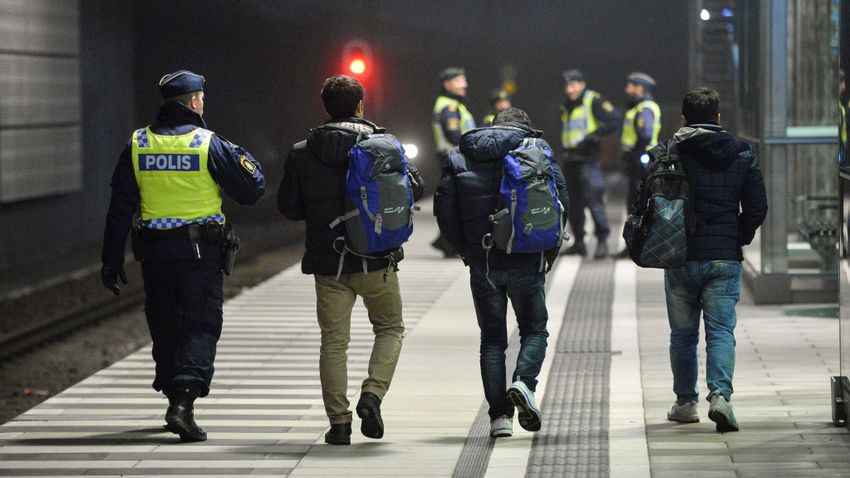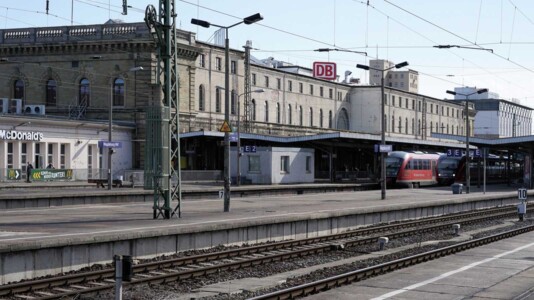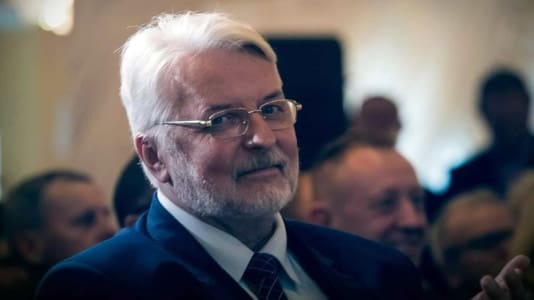A Swedish lawmaker who previously advocated in favor of mass arrivals of asylum seekers during the migrant crisis of 2015 has admitted the influx of immigration has fundamentally changed the country and now wants to pull up the drawbridge.
Louise Meijer of the now-governing Moderate Party penned her thoughts on the Swedish government’s need to crack down on migration and signaled a U-turn from her previous desire to welcome an unprecedented number of new arrivals into the country.
Writing in the Expressen, Meijer acknowledged that during the migrant crisis in 2015 she “took a stand for openness ‘Refugees Welcome,'” opposing her party’s call at the time for stricter rules to curb immigration.
“But I have changed my mind on the matter,” she noted, adding she now supports “an even stricter migration policy than the one I opposed at the time.”
Her reasoning is that “the change that Sweden has undergone and is undergoing is fundamentally changing the country” as she warns that “mass immigration has been followed by several major problems.”
Among these, she highlights, is the fact that “serious, organized crime is committed to a large extent by people with foreign assets,” that large groups of immigrants are “not self-sufficient,” and that the “culture of honor, separatism, and Islamism is limiting and dangerous.”
[pp id=92365]
Organized crime and gang warfare have exploded across the Scandinavian country in the past decade, and the nation has now experienced a record number of shootings for the past three years.
Last year, Sweden was also second only to Mexico as the top country in the world not currently at war to experience the most bombings on its territory, according to a leading criminologist.
Echoing the warnings given by many conservative voices over the years, Meijer noted that mass migration “naturally affects the possibility of integration” and said that, “for integration to work, people who both want to move here and who already live here need to adapt to Swedish society and our values.”
[pp id=93999]
“You need to work, speak Swedish, and do your duty before you demand your rights. Those who do not want to adapt and integrate should not stay in Sweden either. Deportation or repatriation should then be a real option,” she added.
Meijer called for “minimal asylum immigration” in Sweden “for the foreseeable future” to ensure the country can “stay together” and integrate those already living there, and vowed to advocate this position during her political work “now and in the future.”





